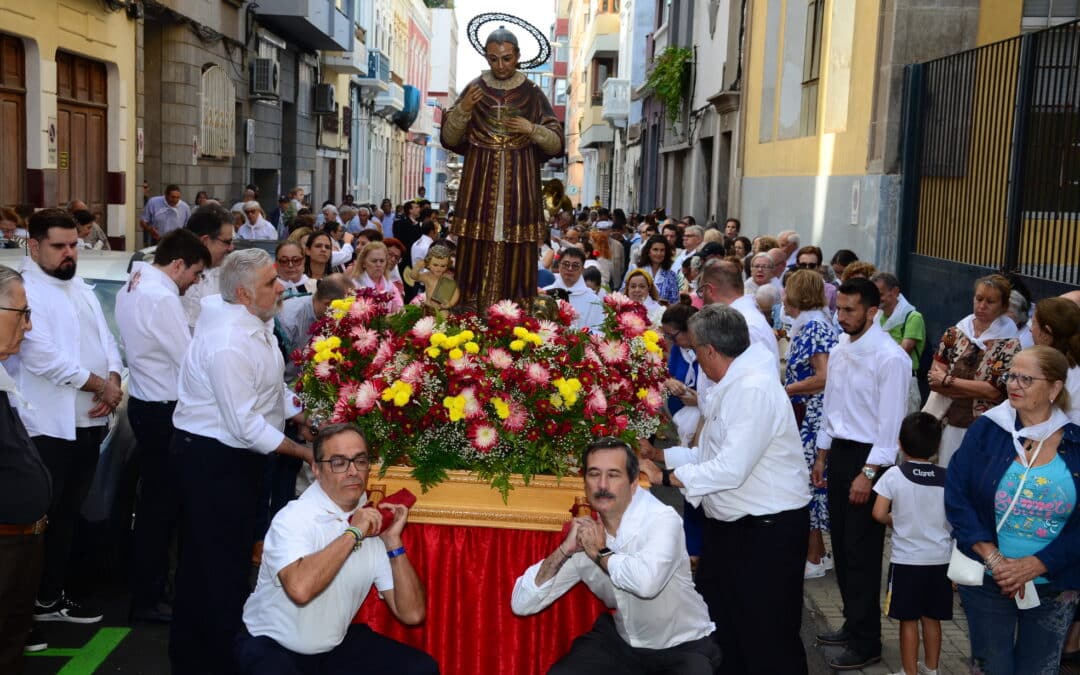 Salvatierra, Spain. On April 14 an ongoing formation on the SOLIDARITY ECONOMY open to all the members of the Province of Euskal Herria was held in Salvatierra. CARLOS ASKUNZE of the Piarist Fraternity gave the sessions.
Salvatierra, Spain. On April 14 an ongoing formation on the SOLIDARITY ECONOMY open to all the members of the Province of Euskal Herria was held in Salvatierra. CARLOS ASKUNZE of the Piarist Fraternity gave the sessions.
“His words have been a reminder of what faith invites us to take care of in our lives, both on a personal, community, and congregational level … with a view to promoting an inclusive economy in which all people can see their needs met,” he says Fr. Mateo Larrauri CMF, the Provincial Superior of Euskal Herria
 In the first part of the talk, the participants were introduced to the socio-political and socio-economic dimension of the Christian faith, a tour on the fundamental principles of the Social Doctrine of the Church in economic matters: Centrality of the person, Solidarity, Common Good, Subsidiarity, Participation, Charity and Justice.
In the first part of the talk, the participants were introduced to the socio-political and socio-economic dimension of the Christian faith, a tour on the fundamental principles of the Social Doctrine of the Church in economic matters: Centrality of the person, Solidarity, Common Good, Subsidiarity, Participation, Charity and Justice.
From these principles, a critique of the prevailing economy in our world has been briefly made, with the words of the author Jordi García Jane, that the predominant mode of production, distribution and consumption – capitalism – is ecologically unsustainable, structurally violent, socially unjust, politically undemocratic, and not even manage to make happy many of the people belonging to the thin layers of the world population that benefit most from it.
 Subsequently, the speaker has made a correspondence between six characteristics of the Christian tradition on the socio-economic dimension of faith: centrality of the poor; charity as detachment from the material and aspiration of fraternity; the struggle for justice, the common good as a measure; the communion of goods, and austerity and simplicity with the essential characteristics of the Solidarity Economy: inclusive economy; reciprocity and cooperation; equity, sustainability of life, disinterested economy, and degrowth.
Subsequently, the speaker has made a correspondence between six characteristics of the Christian tradition on the socio-economic dimension of faith: centrality of the poor; charity as detachment from the material and aspiration of fraternity; the struggle for justice, the common good as a measure; the communion of goods, and austerity and simplicity with the essential characteristics of the Solidarity Economy: inclusive economy; reciprocity and cooperation; equity, sustainability of life, disinterested economy, and degrowth.
They finished the morning celebrating the Eucharist and sharing the food later in fraternity.










